The American workforce is experiencing a shift, as workers find themselves clocking fewer hours for the same pay, thanks to increased offerings of vacation, sick, and family leave.
A Growing Gap

A noticeable gap has emerged between the hours American workers are paid for and the hours they actually work, showing an improvement in work/life balance.
Increased Paid Leave

Over the last decade, there has been a rise in the proportion of workers offered sick leave, growing from 67% to nearly 80%.
Family Leave Offerings Double
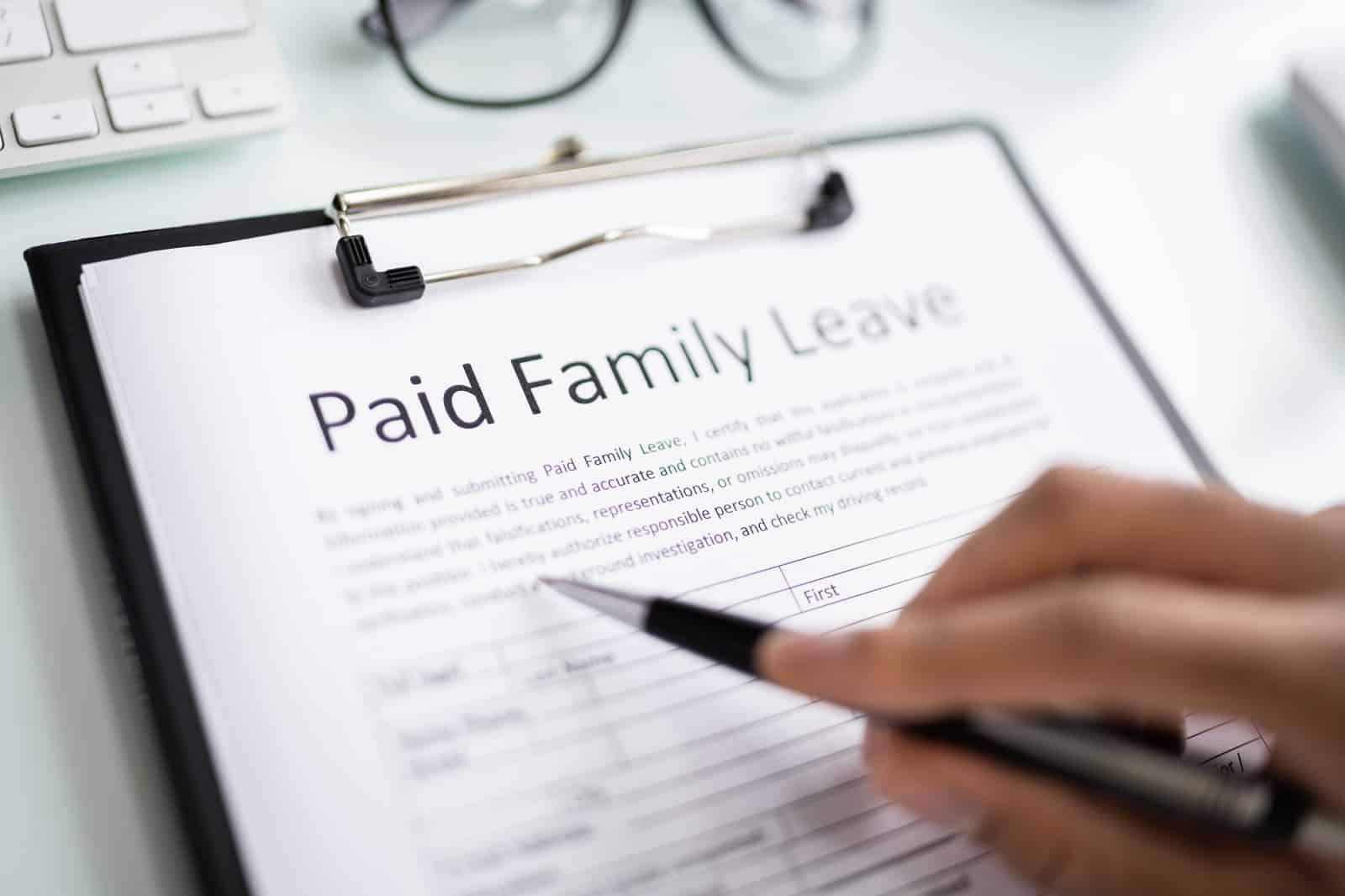
The offering of family leave has significantly increased, jumping from 12% a decade ago to 27% this year.
The Atlanta Fed’s Analysis
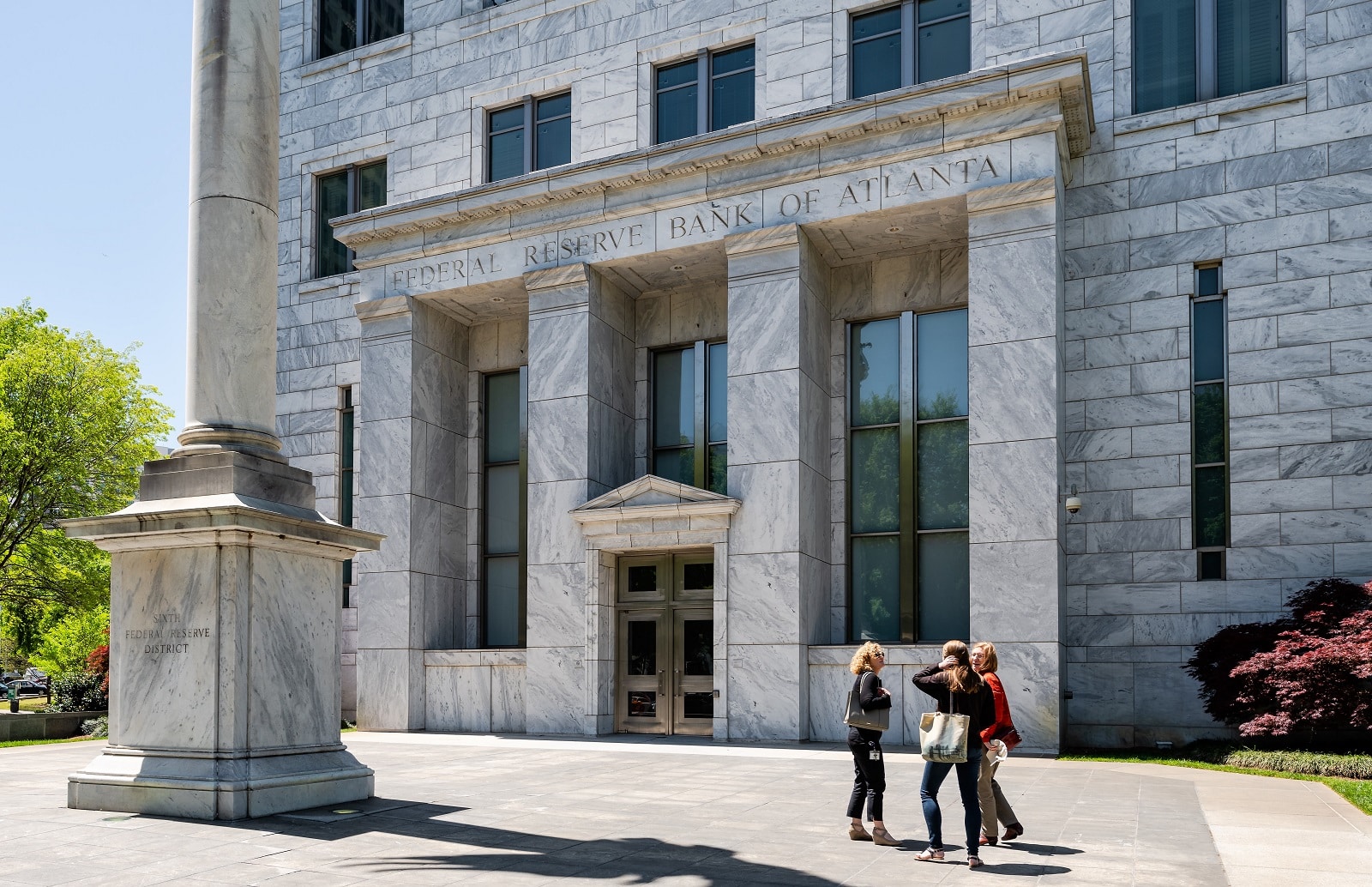
Economists from the Federal Reserve of Atlanta analyzed data revealing a widening gap between paid and worked hours over the past 15 years.
Stable Paid Hours, Decreasing Work Hours

While the average hours paid has remained around 34.5, the average weekly hours worked has gradually decreased from 33.7 in 2006 to 32.8 in 2023.
An Hour’s Difference
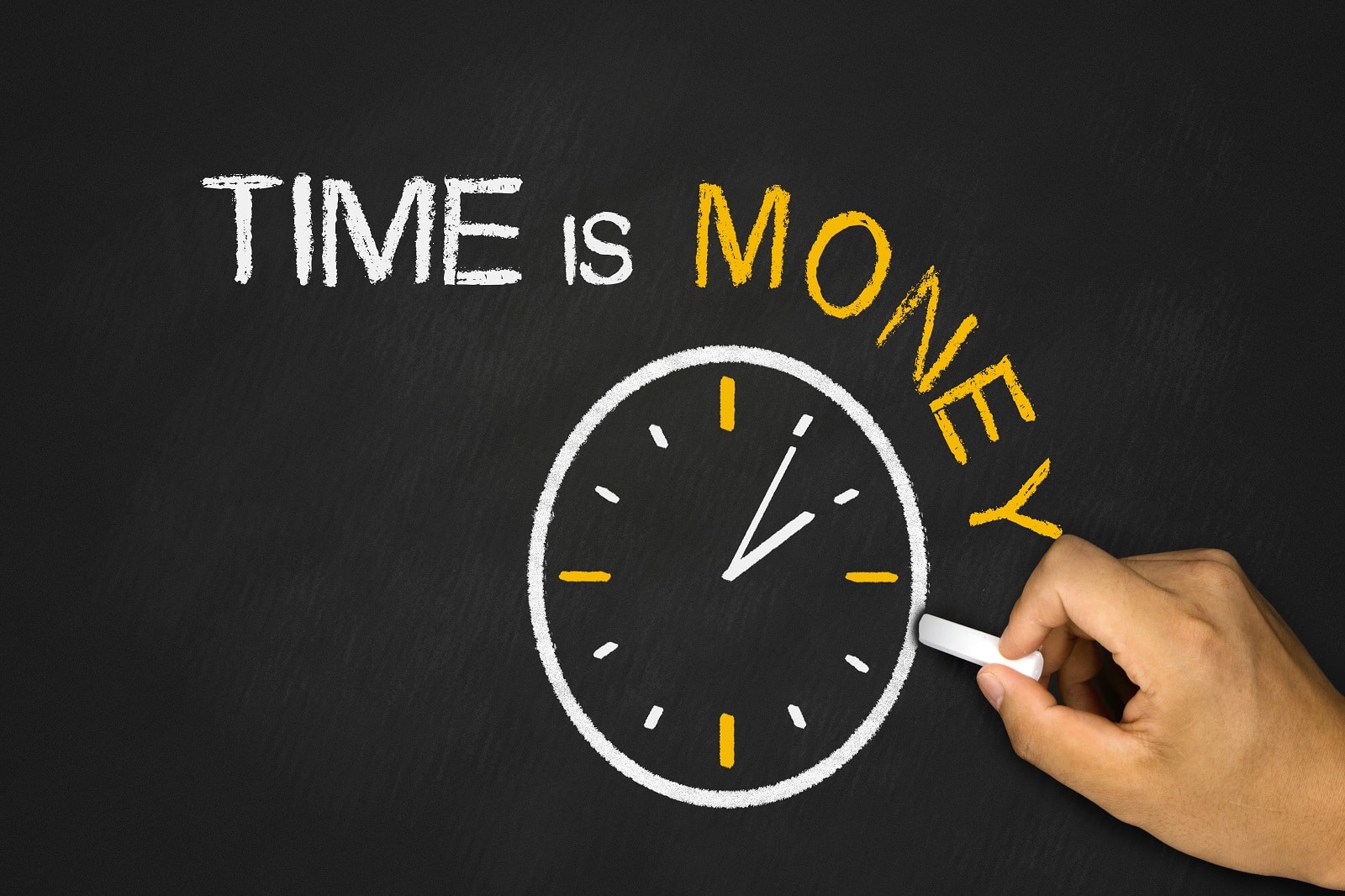
The gap between average hours paid and worked has expanded by almost an hour a week since 2006.
Role of Paid Leave
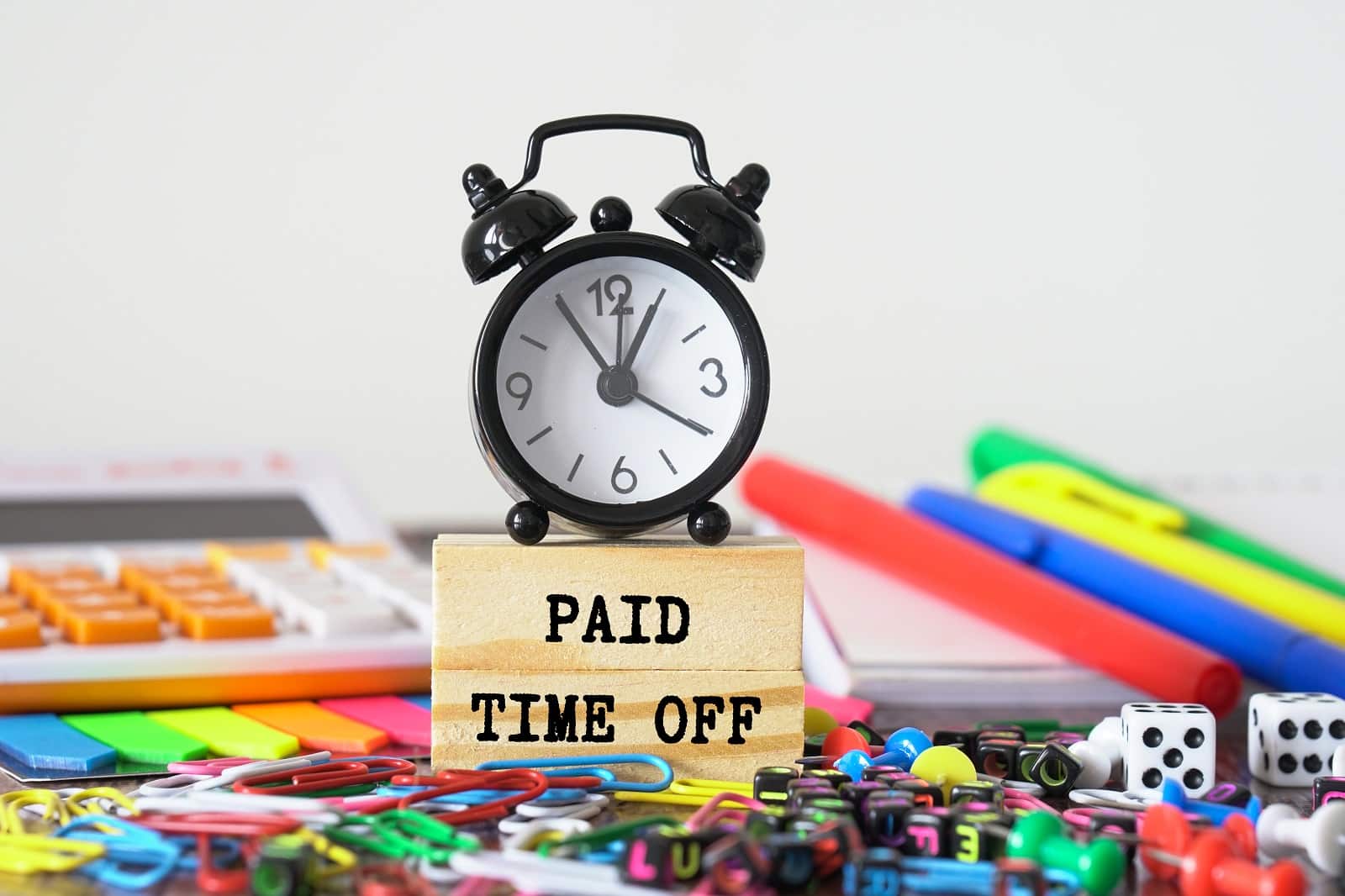
The increase in paid leave offered by companies is identified as a driving factor behind this trend.
Pandemic Impact on Work Hours
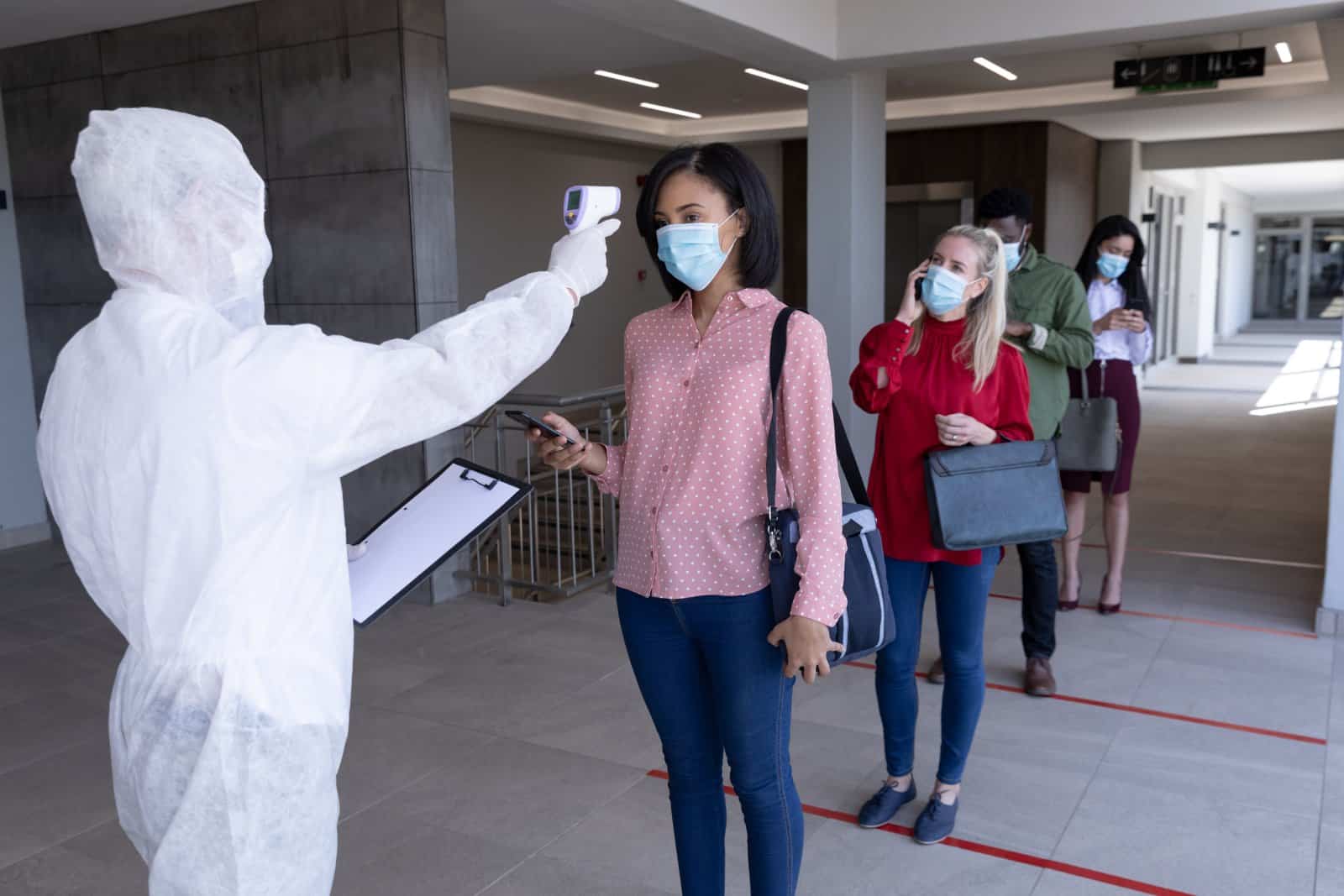
The COVID-19 pandemic led to a significant reduction in hours worked, while hours paid saw a slight uptick.
Temporary Rise in Work Hours
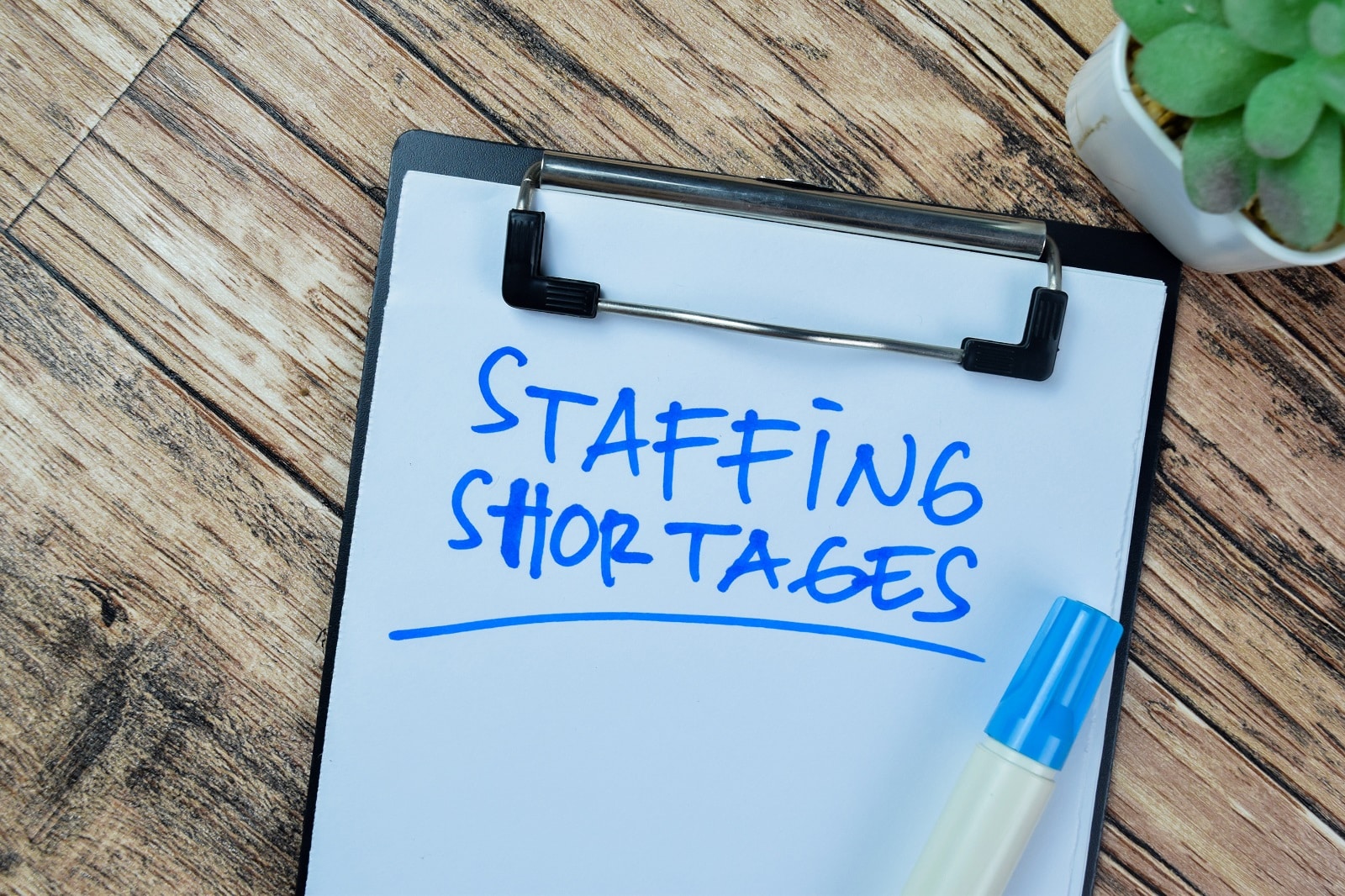
Between 2020 and 2021, weekly work hours saw a brief increase of about half an hour, compensating for labor shortages during the pandemic.
Vacation Days on the Rise

The proportion of workers offered vacation days has risen from 74% in 2013 to 77% a decade later.
National Compensation Survey Insights
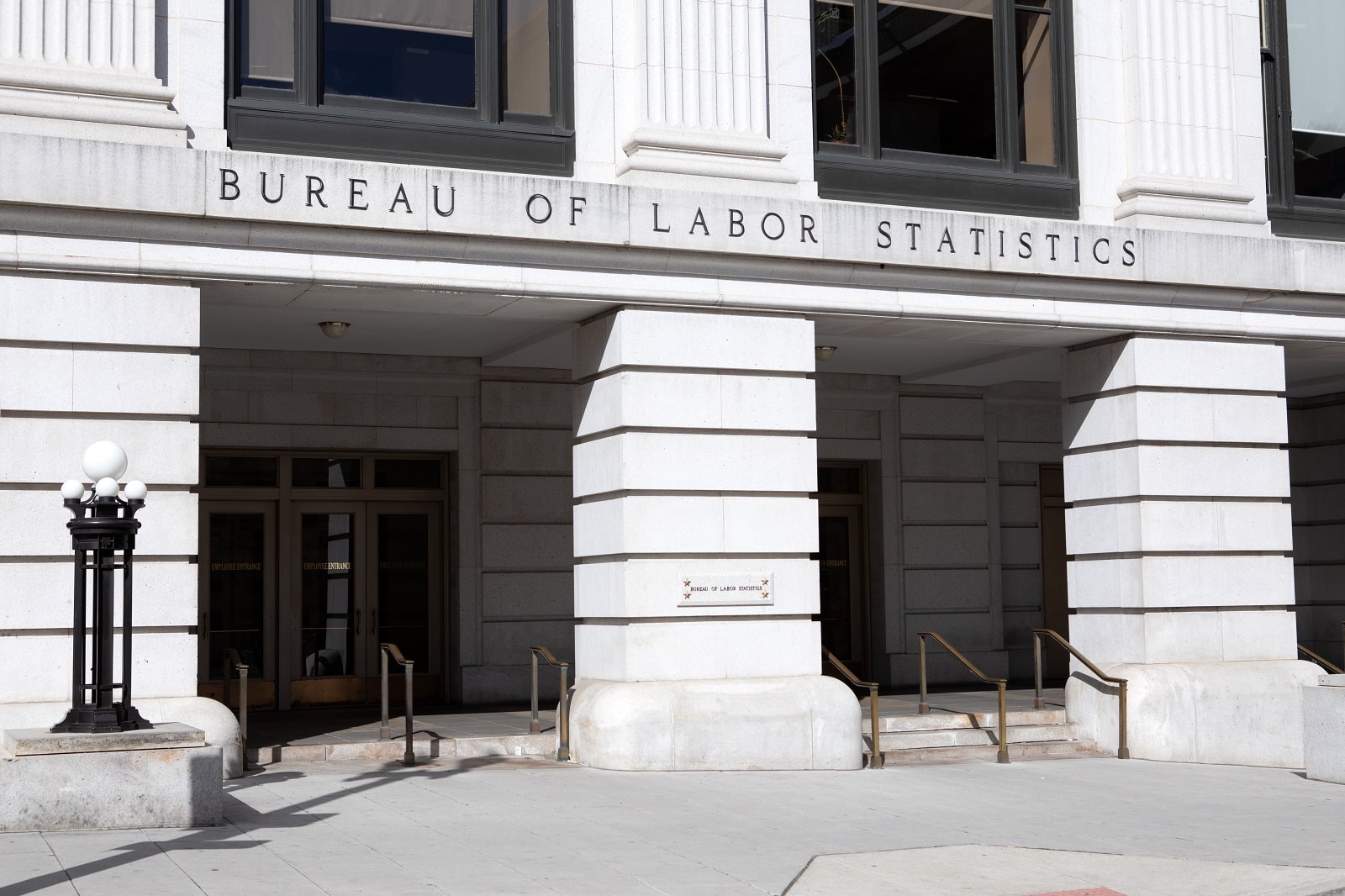
Data from the Bureau of Labor Statistics indicates an upward trend in the percentage of workers with access to paid leave benefits over the last decade.
Pandemic-Driven Work Absences

During the pandemic, work absences due to illness, childcare, family responsibilities, and other reasons surged, diverging from the usual vacation or holiday leaves.
Returning to Pre-pandemic Levels

As the labor shortage eased, the hours workers were paid for began returning to levels seen before the pandemic.
A Significant Shift in Work Culture

The Atlanta Fed report highlighted a significant shift in work culture, with more emphasis on paid leave, especially during the pandemic.
Impact on American Workers

The increased availability of paid leave and a reduction in actual hours worked signifies a potential improvement in work-life balance for American workers.
Looking Ahead

As the landscape of the American workweek evolves, the focus on paid leave and its impact on work hours offers a glimpse into the shifting priorities of both employers and employees.
The post Paychecks & Freedom: Americans Battle Cry for Equal Pay, Less Work first appeared on Liberty & Wealth.
Featured Image Credit: Shutterstock / fizkes.
The content of this article is for informational purposes only and does not constitute or replace professional financial advice.

